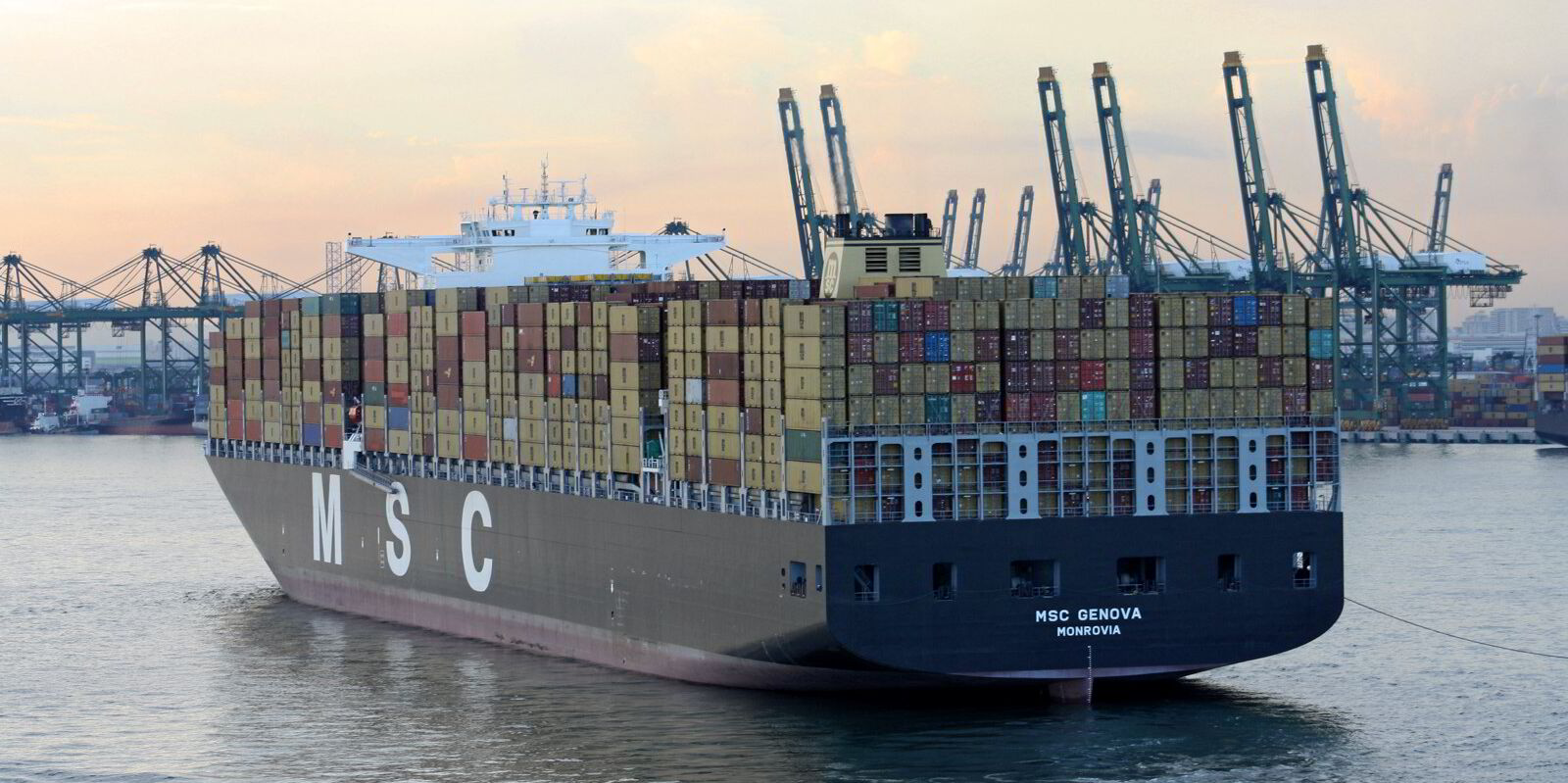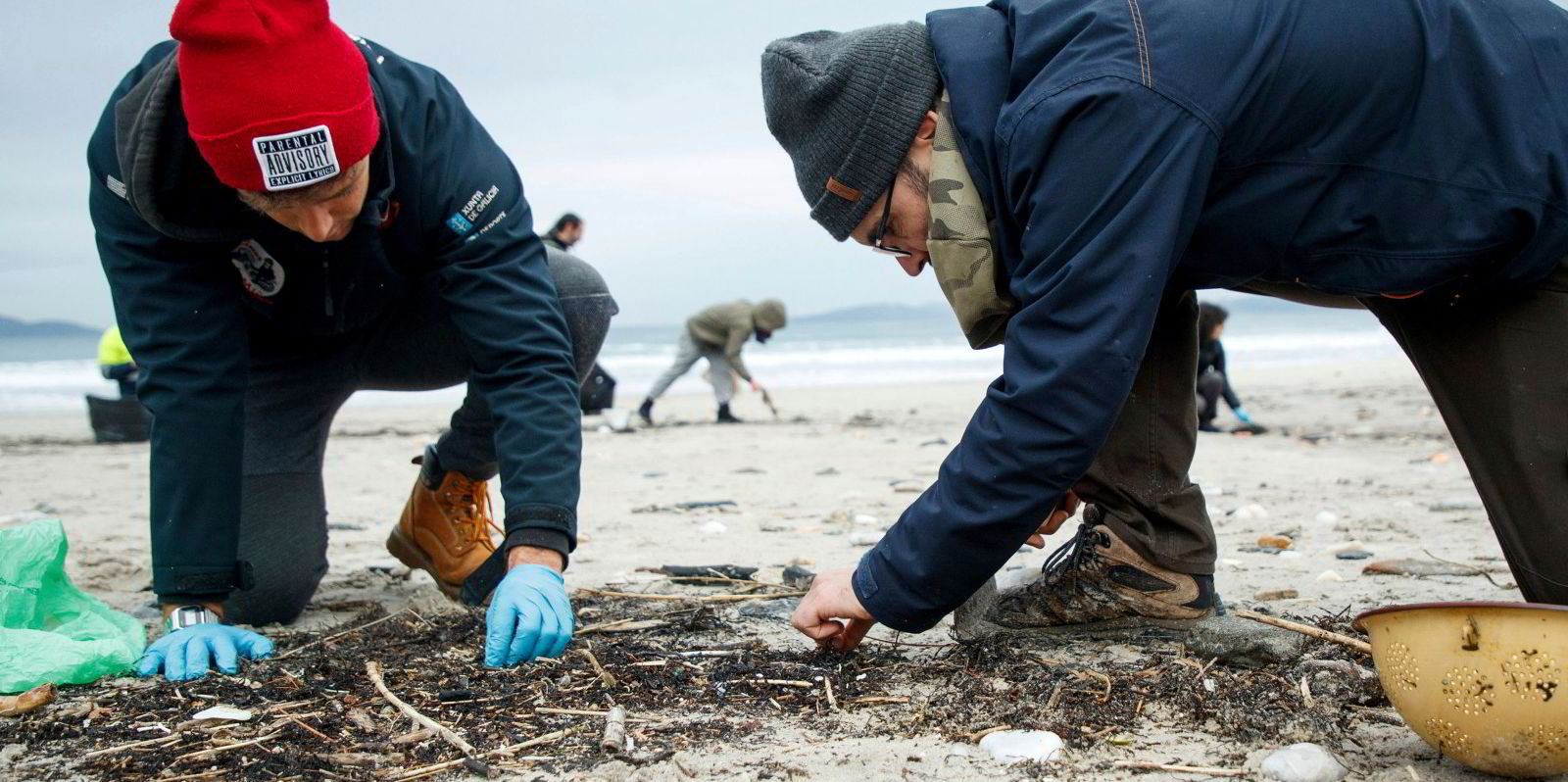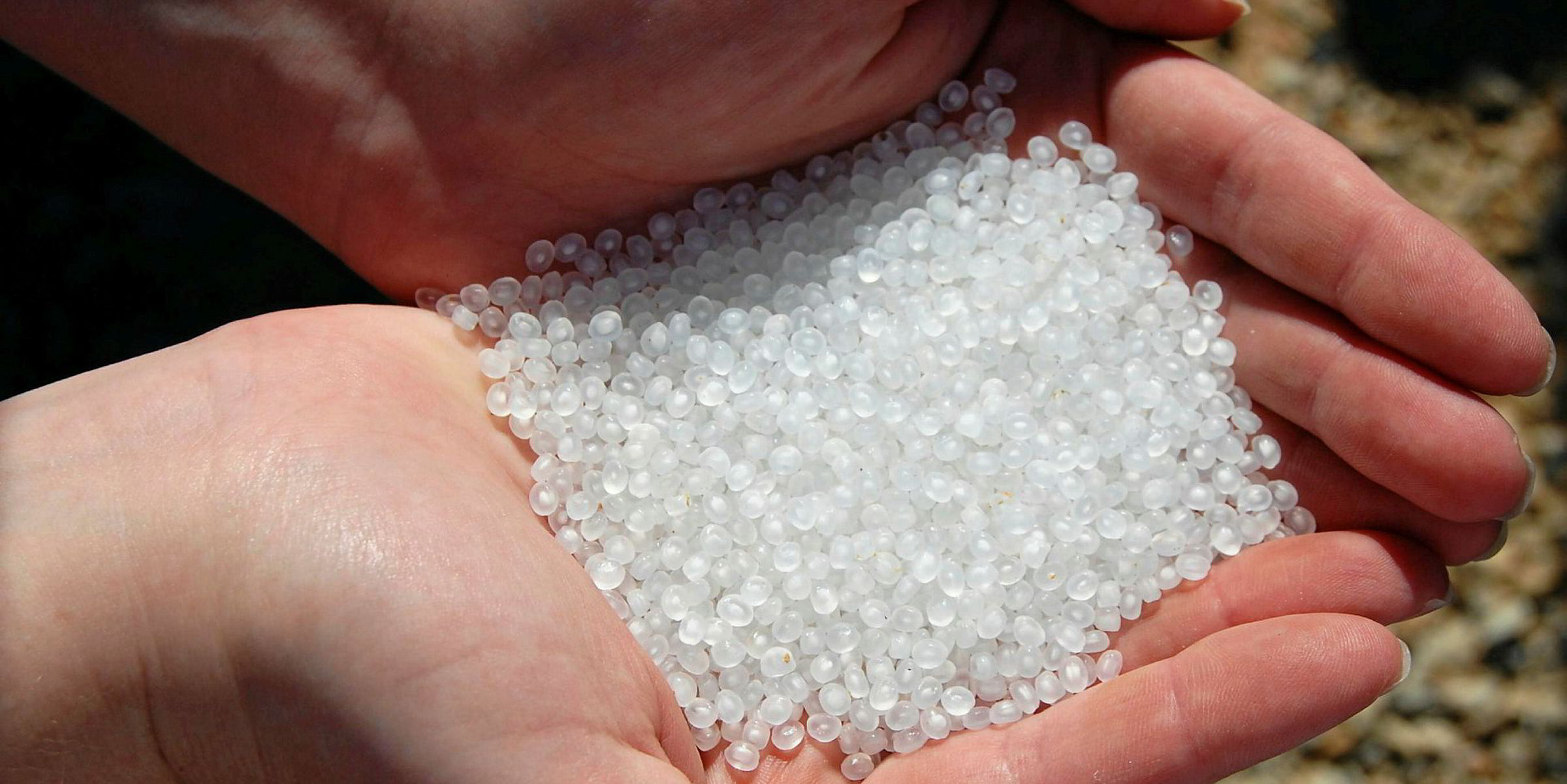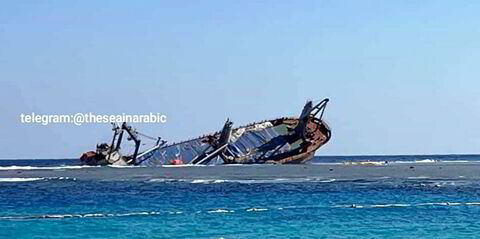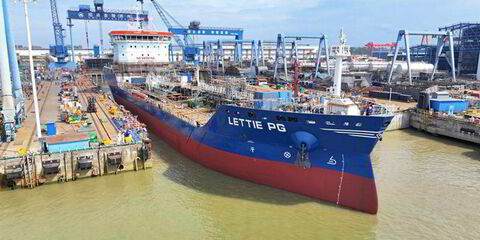MSC Mediterranean Shipping Company has voiced support for mandatory rules to prevent plastic pellet pollution and urged fellow liner operators to take voluntary action to tackle the problem.
The Swiss container shipping giant’s support for mandatory rules came after the International Maritime Organization discussed the measure at the latest meeting of its Marine Environment Protection Committee (MEPC).
MSC detailed steps it is taking to support the IMO’s strategy to eliminate plastic discharges from ships by 2025.
Bud Darr, executive vice president of maritime policy & government affairs at parent MSC Group, took to LinkedIn to urge others in the sector to take similar action.
“We really think this is the right thing to do, and we hope other carriers will join us in this effort,” he said.
Concerns have grown over the amount of microplastics discharged into the oceans, often from containers that have gone overboard.
One of the biggest contributors to marine plastic litter are nurdles — lentil-sized pellets that are the building blocks for plastic products. Packed with chemicals, they are often mistaken for food by marine life and can wear down into smaller microplastics.
Accidents can cause these pellets to be released during transportation, leading to widespread pollution in waters and on coastlines.
Experts claim that from an environmental perspective, a nurdle spill is worse than an oil spill because nurdles do not break down.
MSC expressed its commitment to preventing nurdle spills and its support for the MEPC’s strategy on the development of mandatory requirements aimed at reducing the environmental risks associated with transporting nurdles in containers.
MSC said that containers holding plastic pellets carried on its ships are properly stowed and secured under deck or in sheltered areas of exposed deck, in accordance with IMO recommendations.
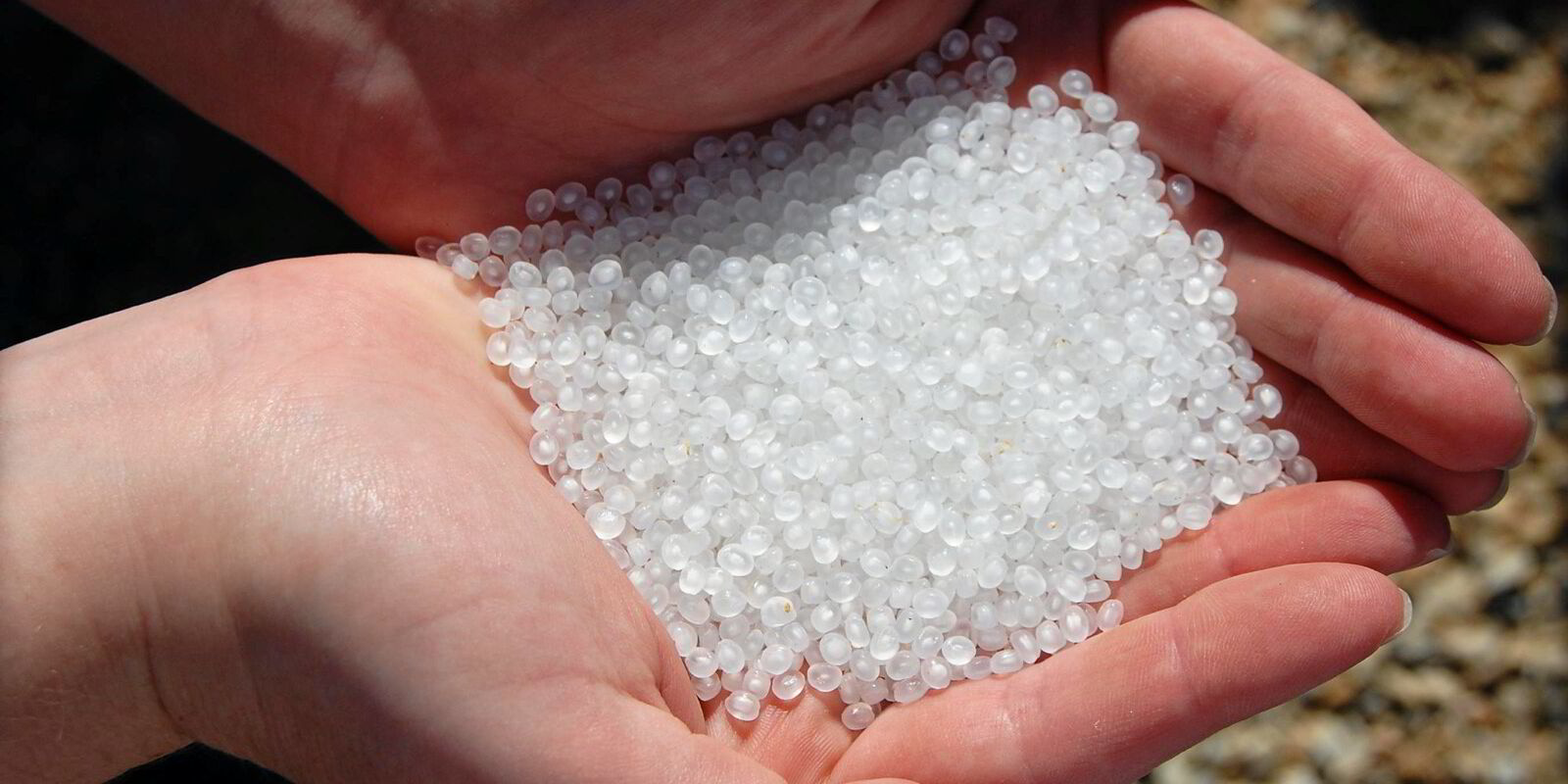
“As a signatory of the sustainable ocean principles and in line with our commitments to protect marine ecosystems, we seek to secure the health of our oceans by taking proactive steps to minimise the pollution risk posed by plastic pellets,” the company said.
During the MEPC meeting, the IMO also approved guidelines on good practice relating to the clean-up of plastic pellets from ships.
In October 2020, billions of nurdles washed up on the beaches of South Africa between Cape Town and Port Elizabeth.
The identity of the ship that caused this spill was never discovered, leaving South African authorities to foot the bill for the extensive clean-up.
South Africa had previously suffered a large nurdle spill in 2017, when 47 tonnes were lost off a container ship near Durban during a storm.
The clean-up was paid for Saudi Basic Industries Corp, which owned the cargo.
